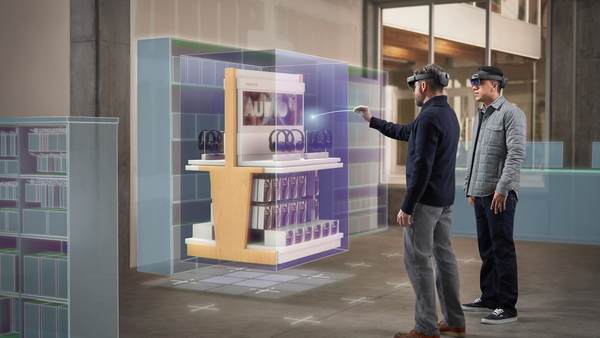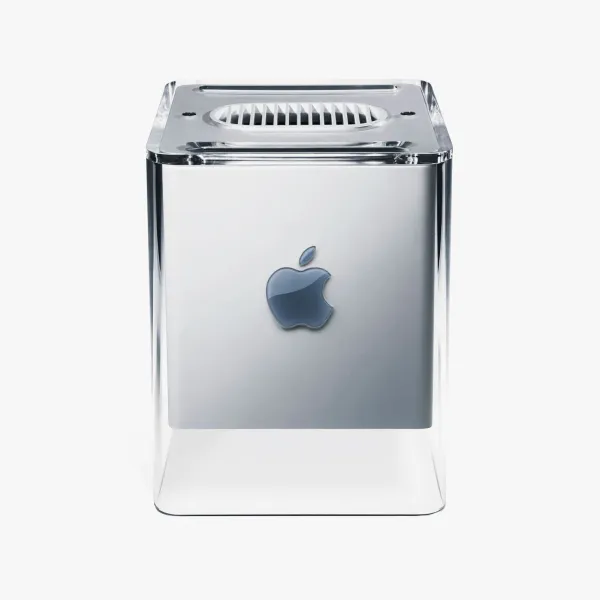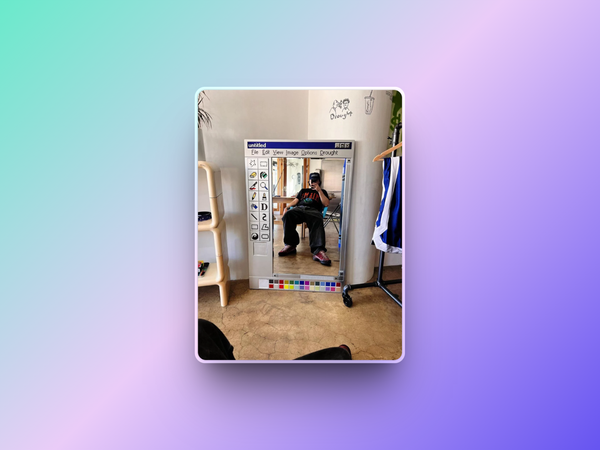Microsoft's discontinuation of the HoloLens 2 marks the end of an era for its mixed reality ambitions.
Once a leader in this space, Microsoft’s decision underscores a significant shift away from XR (extended reality), a field it helped pioneer.
This move isn’t surprising.
The HoloLens 2, launched in 2019, is a five-year-old device that has since been outclassed by more modern headsets. Microsoft’s shift away from consumer mixed reality was clear when it deprecated the Windows Mixed Reality platform last year.
Originally launched in 2017, WMR had aimed to blend virtual and real-world experiences, much like Apple’s Vision Pro today.
Yet, it never gained traction among consumers, largely due to cost and accessibility issues.
While the technology was advanced, it couldn’t compete in a market where affordability is key. The HoloLens 2 was pivoted to enterprise use, focusing on industrial, field, and training applications.
With the device now out of production and only supported until 2027, Microsoft’s mixed reality strategy seems to be fading.
The company has shifted its XR focus toward military applications, with custom experiences for the U.S. Army.
But this is a niche, and limited to government contracts. This shift is not just about Microsoft.
It reflects the broader decline of XR, despite Apple and Meta's continued efforts. Apple's Vision Pro, while hyped, is expensive and has struggled with mainstream adoption.
Meta remains in the game, but it’s unclear whether it can sustain momentum.
Microsoft's exit leaves XR in a precarious position, possibly creating a future where a few players dominate the space. With fewer companies investing in XR, the risk is clear: a lack of competition could stifle innovation.
This creates the potential for XR to become a monoculture, where a single company defines the experiences users will have.










